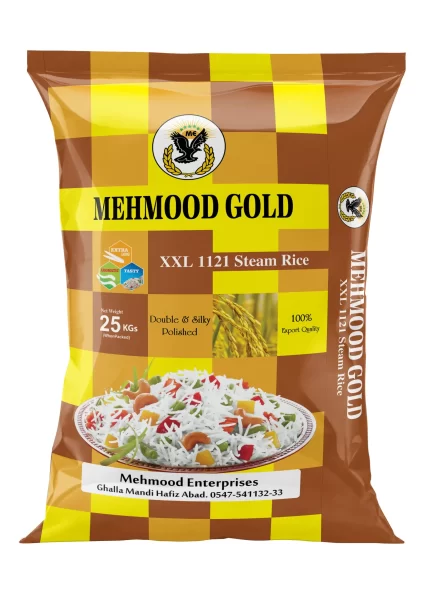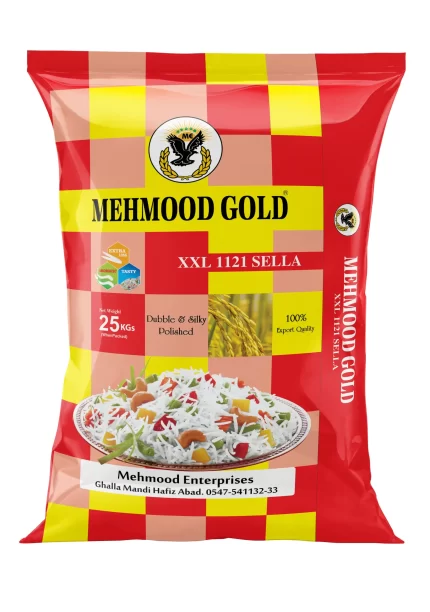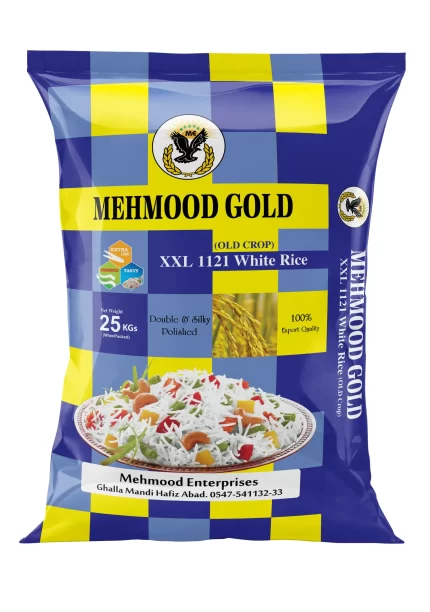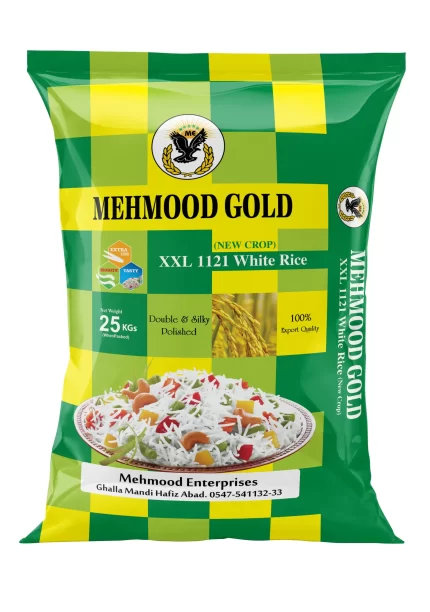Welcome to Mehmood Enterprises, your go-to source for premium Basmati rice. Our commitment to excellence extends beyond rice—we’re here to provide valuable information. Today, we embark on a fascinating exploration of feline nutrition, specifically addressing the common question: Can cats eat Basmati rice?
Join us on this informative journey, where we maintain a cat-friendly, informative, and SEO-friendly tone throughout.
Understanding Cat Nutrition
Before we delve into the intricacies of Basmati rice for cats, let’s build a solid foundation by understanding the fundamentals of feline nutrition.
- Obligate Carnivores: Cats, classified as obligate carnivores, have dietary requirements predominantly centered around animal-based proteins. Meat is the cornerstone of their diet.
- The Role of Carbohydrates: Although cats require a limited amount of carbohydrates, some grains can be integrated into their diet in moderation.
Is Basmati Rice Safe For Cats?
- The Essence of Basmati Rice: Basmati rice, renowned for its fragrant long grains, is esteemed for its aroma and taste. Its primary function is to provide carbohydrates, serving as an energy source.
- Moderation is Key: If you decide to introduce Basmati rice into your cat’s diet, it must be done in moderation and as an occasional supplement—not a staple food.
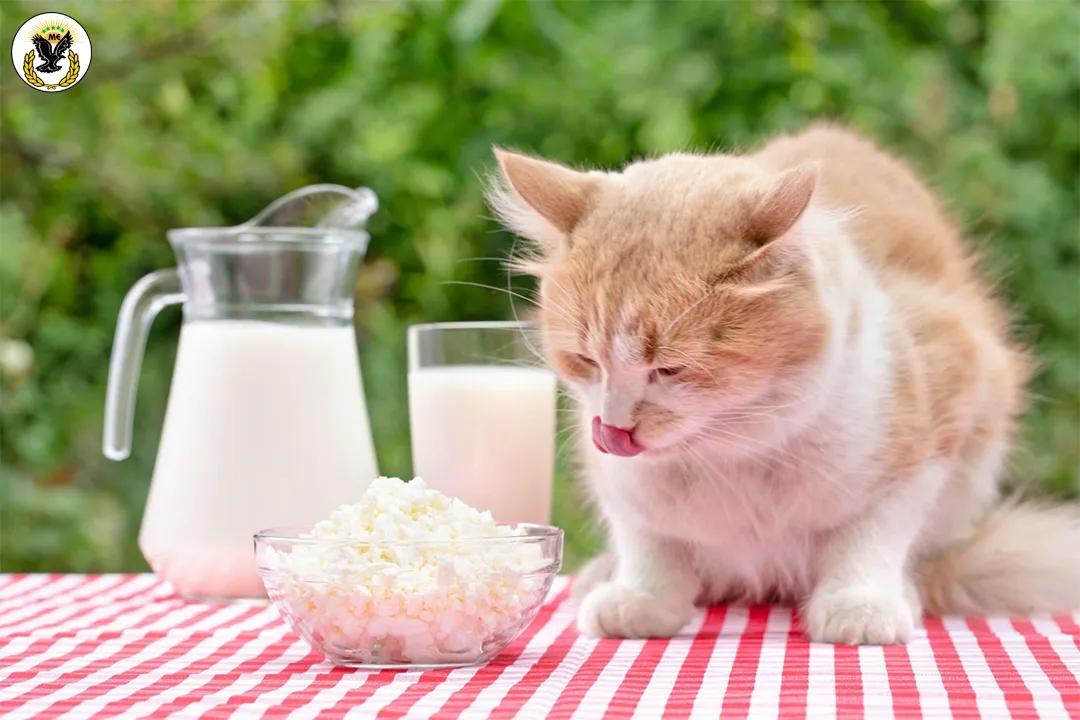
Preparation Matters
- Plain and Well-Cooked: Always serve Basmati rice plain and fully cooked. Avoid adding spices, herbs, or sauces, as these can be detrimental to your cat’s health.
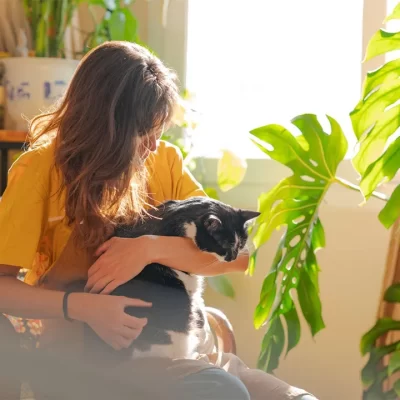
Observing Your Cat
- Allergic Reactions: Cats, like humans, can exhibit individual sensitivities. Keep a vigilant eye on your cat after introducing rice. Any signs of digestive distress, such as diarrhea or vomiting, warrant immediate consultation with your veterinarian.
- Consult Your Vet: Prior to making significant dietary changes for your cat, consult your veterinarian. They can offer personalized guidance tailored to your cat’s specific nutritional needs and overall health.
Considerations For Special Cats
- Senior Cats and Rice: Senior cats may have different dietary needs. Consult your vet for guidance on incorporating rice into the diet of an aging feline friend.
- Overweight Cats: If your cat is overweight or on a weight management plan, rice should be approached with caution due to its carbohydrate content. Seek professional advice on dietary adjustments.
Balanced Feline Diet
The Importance of Balanced Nutrition: Emphasize the critical role of balanced nutrition for your cat. High-quality cat food should be the primary source of nutrition, designed to meet all their dietary requirements.
Conclusion
In conclusion, Basmati rice can be considered safe for cats when served sparingly and prepared correctly. However, it should never replace your cat’s primary cat food, which is expertly formulated to meet their nutritional needs.
Frequently Asked Questions
Ans: No, Basmati rice should not replace your cat’s regular cat food. While it can be given occasionally as a treat or supplement, it lacks the essential nutrients that cat food provides. A balanced cat food is designed to meet all of your cat’s dietary requirements.
Ans: Basmati rice should be introduced to kittens with caution and in small amounts, just like with adult cats. However, kittens have specific nutritional needs for growth, so it’s crucial to prioritize kitten-specific cat food for their primary diet.
Ans: It’s generally best to keep Basmati rice plain and well-cooked when serving it to your cat. Avoid adding vegetables, spices, herbs, or proteins like chicken, as these additions can complicate your cat’s digestion and may not provide the balanced nutrition they need.
Ans: Watch for signs of digestive upset, such as diarrhea or vomiting, after introducing Basmati rice into your cat’s diet. If these symptoms persist or worsen, it’s essential to consult your veterinarian promptly. Allergies or sensitivities can vary from cat to cat.
Ans: Senior cats may have different dietary needs, so consult your veterinarian before introducing Basmati rice into their diet. They may recommend dietary adjustments based on your senior cat’s specific health and nutritional requirements.


